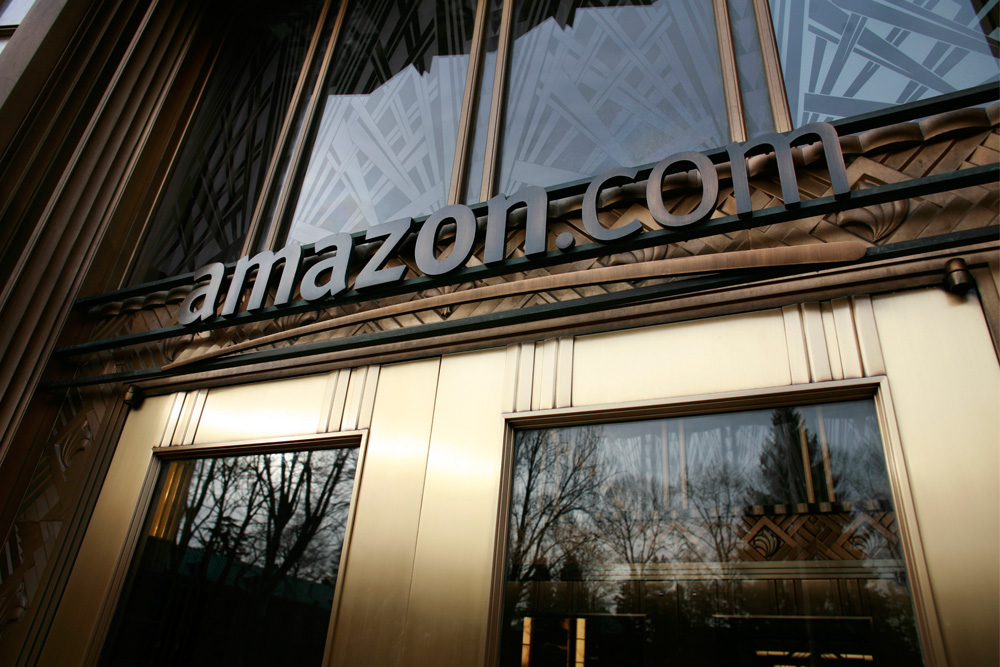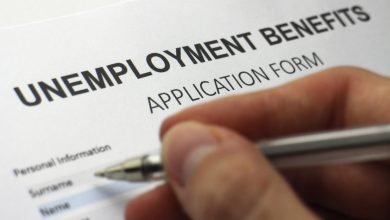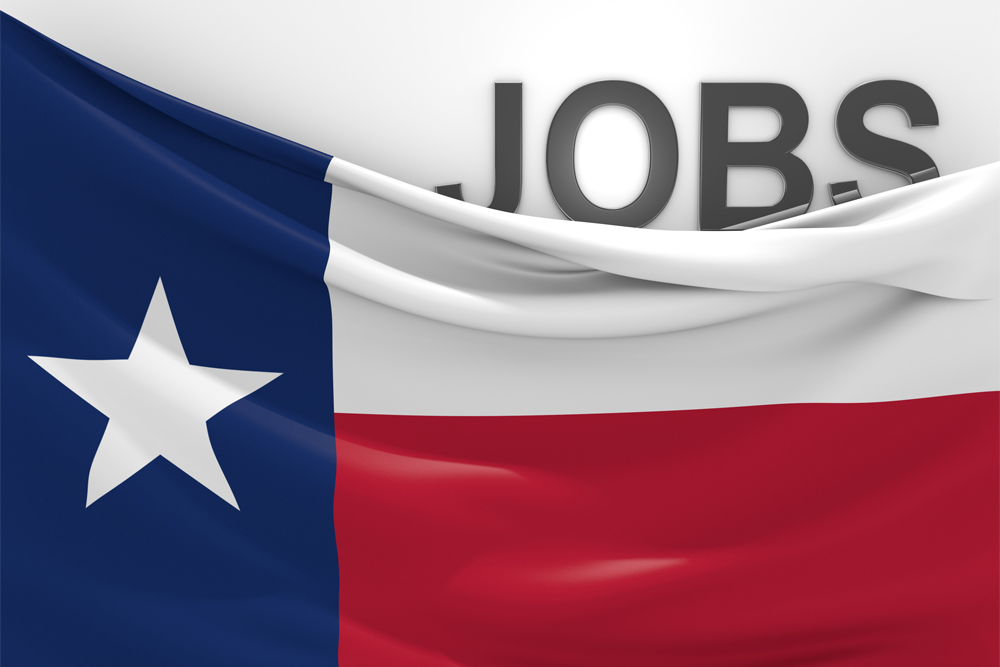
Analysis: Amazon’s NYC Pullout Shows Economy Is Rigged, Just Not the Way Most People Think
Tom Mullen
Amazon announced earlier this month it will not build a new headquarters in New York City, citing the backlash from union leaders and some lawmakers over the nearly $3 billion in government incentives included in a deal to bring the company to NYC.
Those leaders treat Amazon’s decision as a victory. For Governor Andrew Cuomo and NYC Mayor Bill De Blasio, it’s a defeat, as they led the effort to lure the company to New York.
No matter how it’s spun, the facts don’t change. This decision represents billions in lost tax revenues for the city and state, over and above the $3 billion in incentives. Amazon won’t be employing an estimated 25,000 additional New Yorkers. And many millions more in business with local vendors will not occur.
To opponents of the deal, a principle has been defended: Giant corporations like Amazon shouldn’t be offered tax “subsidies” to come in and “exploit” local workers and the community. But this theory raises several questions.
What Is a Subsidy?
First, what is a “subsidy”? Strictly speaking, a subsidy is when the city, state, or federal government cuts a check out of its treasury to the corporation in question.
In some cases, as in Governor Cuomo’s $485 million check to Solar City in 2016, corporations are subsidized.
“It is a gross abuse of the English language to call allowing a private company to keep its own money a subsidy.
But often, what is described as a subsidy is really a tax exemption, meaning not collecting taxes the company would otherwise owe in return for something the government wants. This may be the promise of new jobs, new “green products,” or just the new taxes the government expects to collect over and above the exemption(s) it has offered the company to establish a location within its jurisdiction.
It is a gross abuse of the English language to call allowing a private company to keep its own money a subsidy. But it still seems wrong, doesn’t it?
It is, but not for the reasons most people think. Most objections to these types of deals are based upon envy of some rich person’s wealth, which used to be considered un-American and is a bad basis for policy regardless. What really makes these deals wrong is that they amount to government central planning of the economy. Here’s how it works:
Central Planning Through Tax Exemptions
Step One is to tax and regulate everyone into a state of complete economic paralysis.
Step Two is to grant limited relief to those businesses who either represent something politicians like or who promise to deliver something politicians need.
“The far-left politicians who protested Amazon establishing an HQ in Queens to some degree bit their own noses to spite their faces.
Companies like Tesla do both. First, they represent the green energy movement, the cause célèbre of politicians everywhere. They also promise to create a significant number of jobs in places they establish manufacturing or other large presences, which helps politicians get re-elected. Third, they provide what politicians crave most: new tax revenues they otherwise wouldn’t receive, even if they must give away a little to get a lot.
In Amazon’s case, the green angle isn’t so much a factor, although they likely say all the right things in their marketing literature. But they do provide the other two benefits to politicians: the new jobs to take credit for and the new tax revenues to spend.
The far-left politicians who protested Amazon establishing an HQ in Queens to some degree bit their own noses to spite their faces. Amazon would have poured money into local and state tax coffers that would have been proportionally funneled into New York’s generous welfare state.
Who Are the Villains and Victims?
Alexandria Ocasio-Cortez gleefully tweet-celebrated this as a victory against “Amazon’s corporate greed, its worker exploitation, and the power of the richest man in the world.”
To her and those of her ilk, Jeff Bezos and presumably all Amazon’s shareholders are the villains, although it’s never clear if members of the far left understand publicly traded companies are owned by people other than their founders.
Bezos owns 16 percent of the stock. The rest is largely owned by mutual funds, investing for anyone with a 401K, including public school teachers and other people leftists like.
“If the deal is passed by the legislature and signed by the governor or mayor, democracy is served, for whatever that’s worth.
Regardless, the owners of Amazon or any other corporation have no implicit obligation to open new locations anywhere. Their objection to Step One in the central plan is perfectly understandable and unquestionably within their rights. They also have the right to name conditions for doing business in any given locale.
If the deal is passed by the legislature and signed by the governor or mayor, democracy is served, for whatever that’s worth. All Bezos or the other Amazon shareholders have done is act legally in their own interests.
The real villains are the politicians, who established the central plan in the first place. In a free country, the government is supposed to protect the right of everyone “to bring both his industry and capital into competition with those of any other man, or order of men,” as Adam Smith put it. Steps One and Two do exactly the opposite.
They create a barrier to entry to the market that can only be breached via an admission ticket granted by the government. That ticket costs money only the largest corporations can pay.
Ironically, the very taxes and regulations anti-capitalists champion provide the means for corporations they say they hate to grow to unnatural size and eliminate the small, locally-owned competitors they claim to cherish.
That’s not to say that in an honest, free market Amazon wouldn’t be dominant, but there would be more room for competitors in niches and on the margins to survive. Amazon’s competitors are one set of victims of these central planning schemes.
Consumers are victims, too, but not because they are “subsidizing” large corporations. The tax exemptions corporations get are more than offset by the new taxes they pay in the locales they relocate to. That’s why politicians are willing to offer the exemptions in the first place. The real loss to consumers is choice.
They have less choice in a world where Amazon has fewer competitors, which is inevitable when the economy is centrally planned, and politicians decide who can play and who can’t.
[divide icon_position=”left” width=”short” color=”#”]





